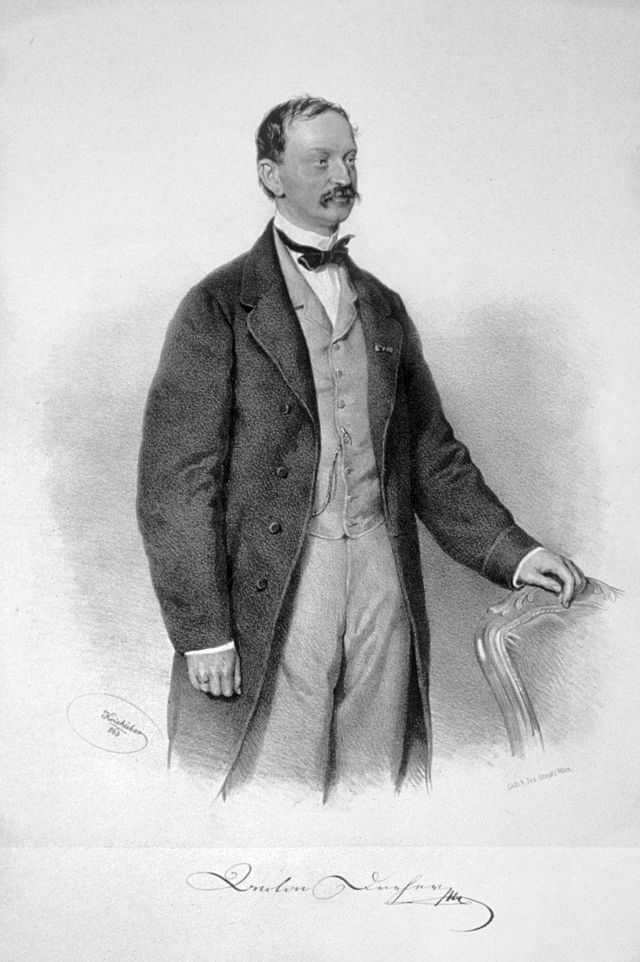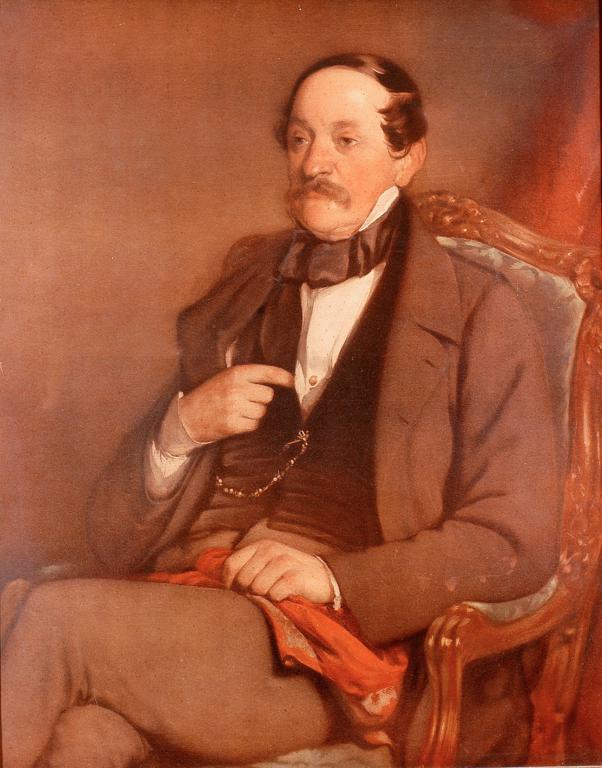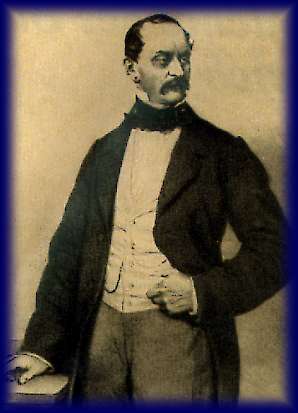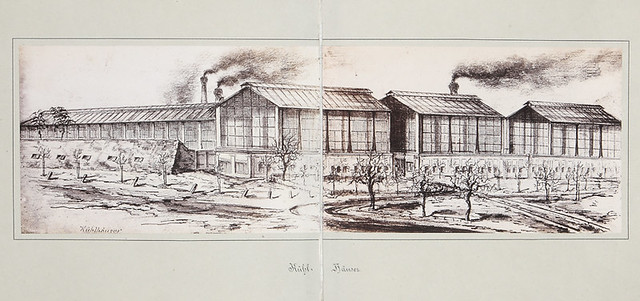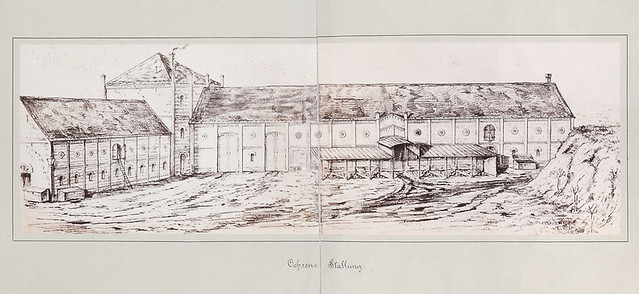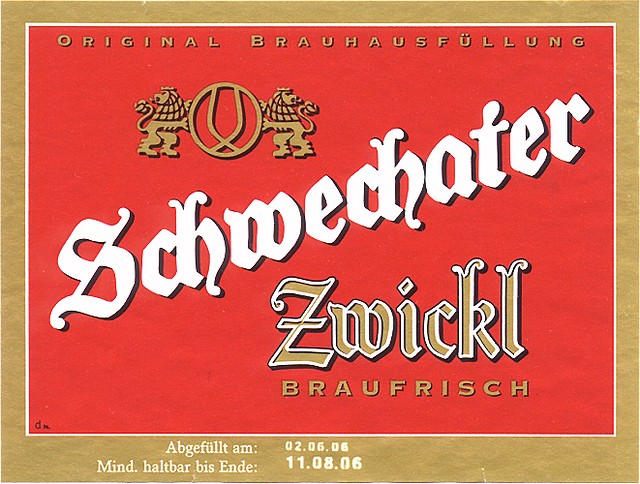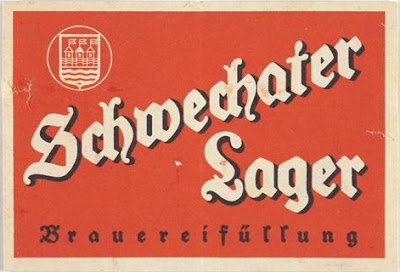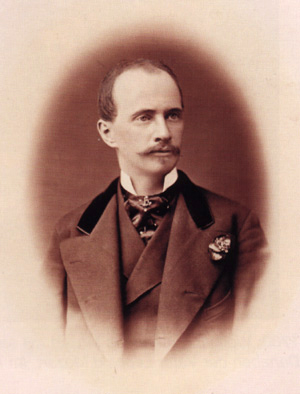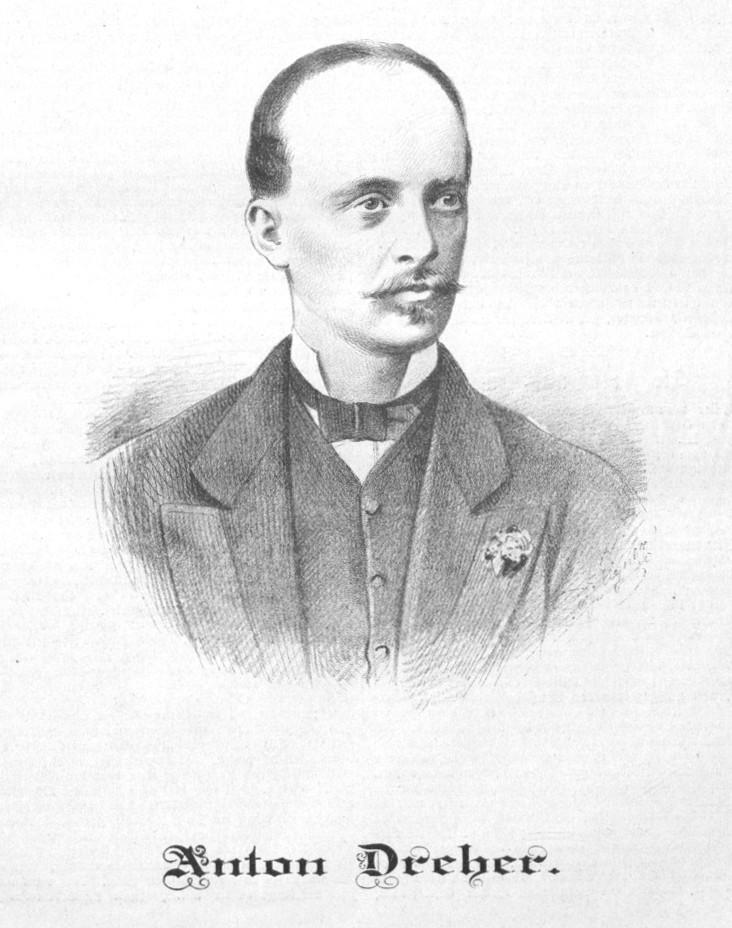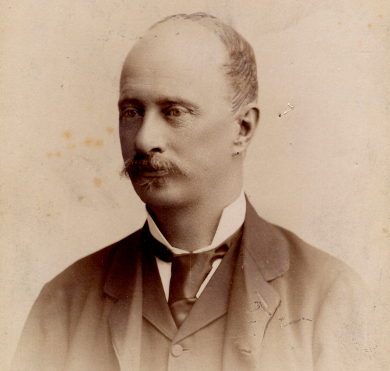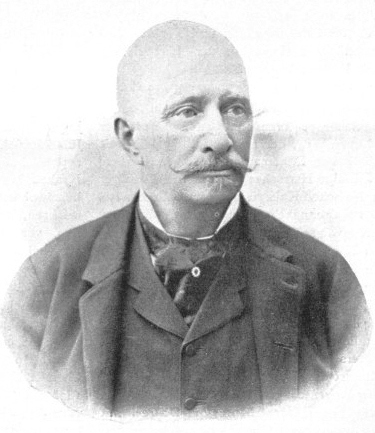
Today is the birthday of Peter Schreihart (December 21, 1825-<1916). This is an odd one, insofar as there are conflicting or accounts which are odds with one another, and I suspect there’s some truth somewhere, I just don’t know what that might be. Anyway, Peter Schreihart was probably born in Austria and may have founded the Schreihart Brewing Co., most likely along with his son John Schreihart, in Manitowoc, Wisconsin in 1879. The confusion begins with his being mentioned in “The Brewers’ Journal and Barley, Malt and Hop Trades’ Reporter, and American Brewers’ Gazette, consolidated, Volume 41,” published on November 1, 1916.
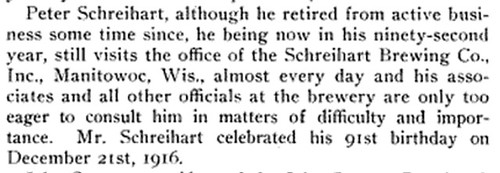
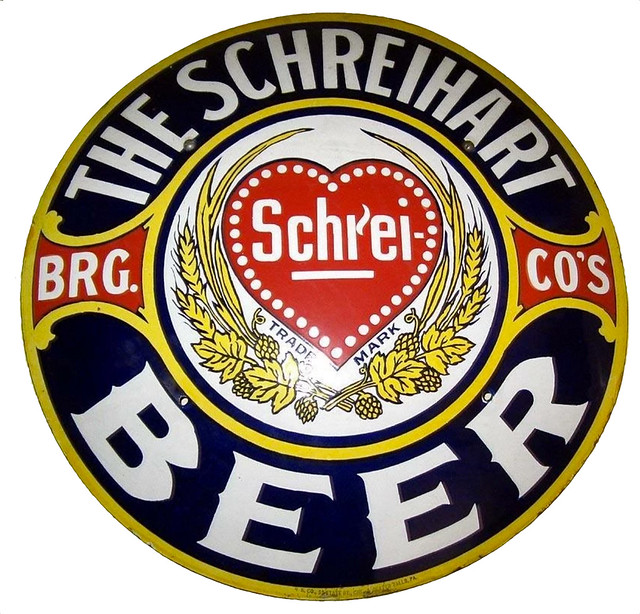
Part of this confusion stems from another mention in the “American Brewers’ Review, Volume 31,” from 1917, the year after the previous mention above.
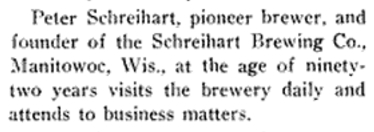
Pautz’s Brewery was built in 1849, by Mr. Hottleman, he being the first to brew beer in the county. G. Kuntz purchased the brewery of him in 1865. Messrs. Fred. Pautz and John Schreihart became the owners in 1875. In November, 1878, the former purchased the interest of the latter, and is now conducting the business alone. The capacity of the brewery is about 1,600 barrels of beer per annum.
Schreiharts’s Brewery. In 1879, John Schreihart established himself in business, and is now conducting a brewery on Washington street. He has been brought up in the business and understands it.
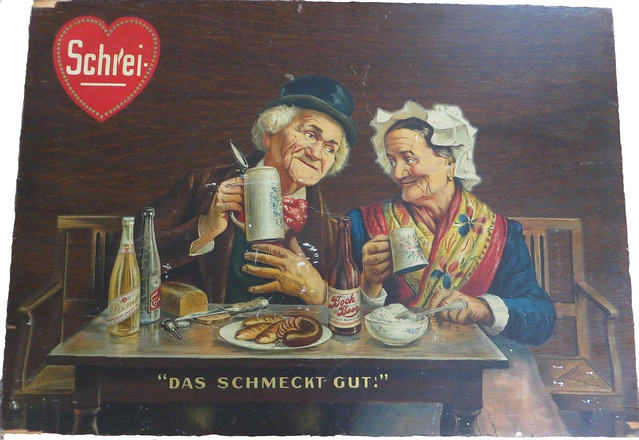
From what I can piece together about the brewery itself, it appears to have been built in 1849, and went through several name changes from the William Fricke Brewery, the Christian Fricke Brewery, and then the Carl Fricke Brewery. It seems to have been called by the latter name when Frederick Pautz and John Schreihart bought it in 1875, but it didn’t become the John Schreihart Brewery until he bought out Pautz in 1879. A few years later, in 1884 until the following year, it was known as the John Schreihart & George Kunz Brewery, presumably because Schreihart took on George Kunz as a partner. Then there’s a gap in the record, but by 1891 it was known as the Schreihart Brewing Co. until it was closed by prohibition in 1920. The building apparently lay dormant after repeal in 1933, but from 1937-1942 housed the Bleser Brewing Co., which I assume was because they leased or bought the building where the Schreihart had brewed.
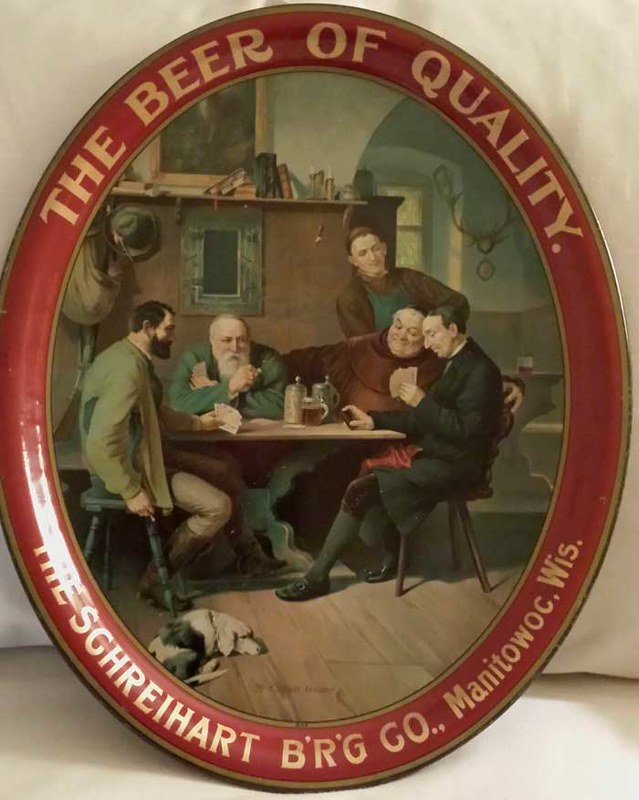


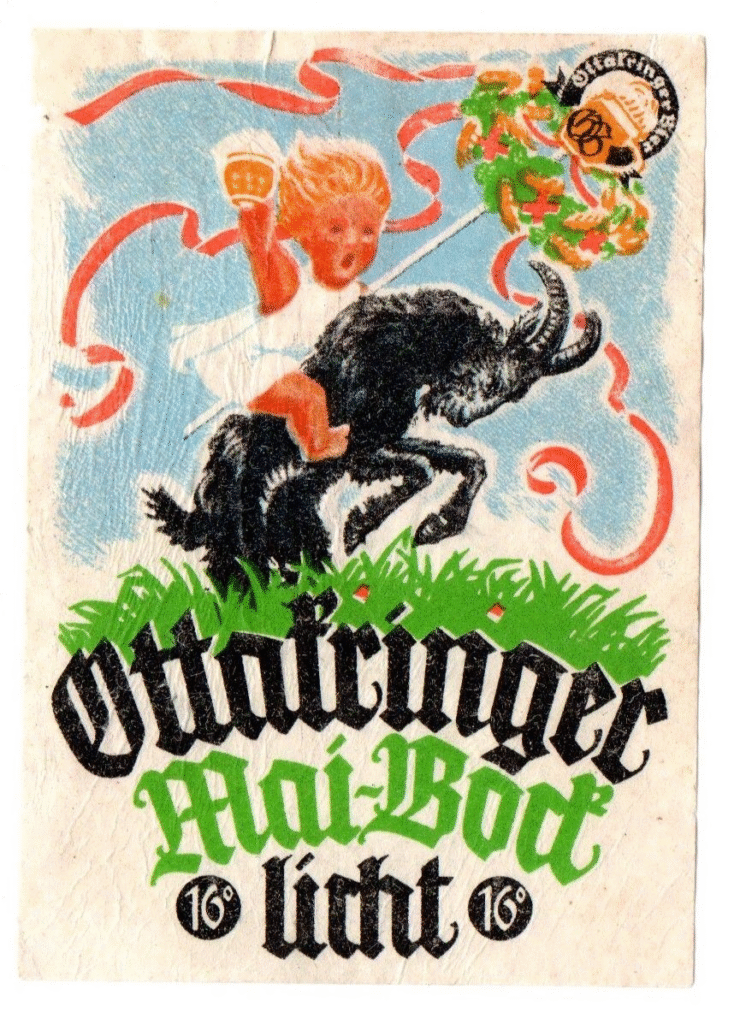



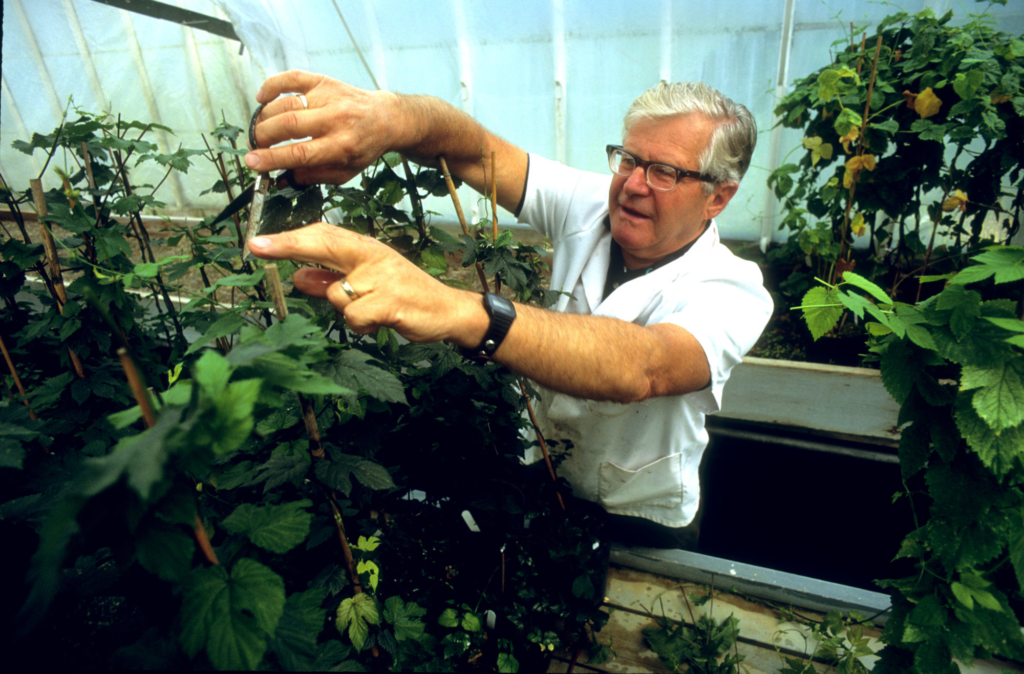

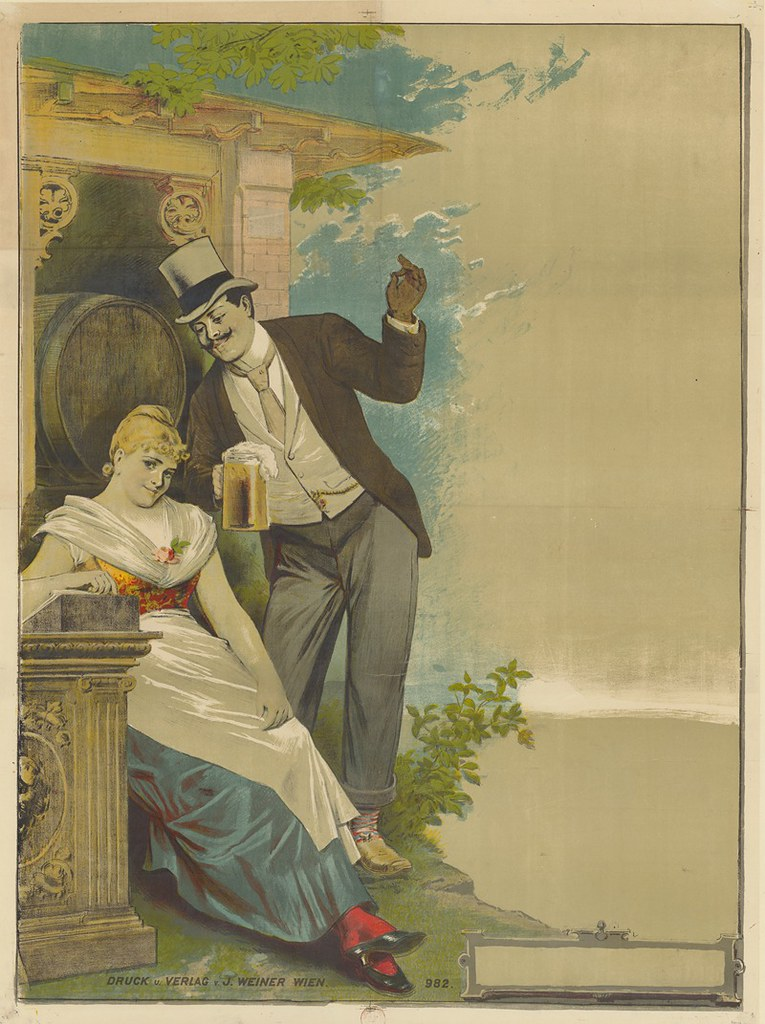








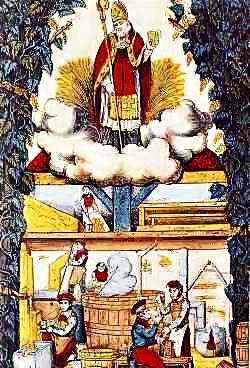


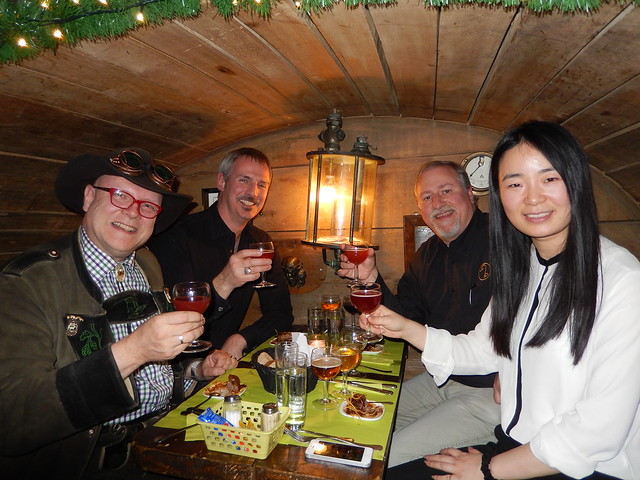
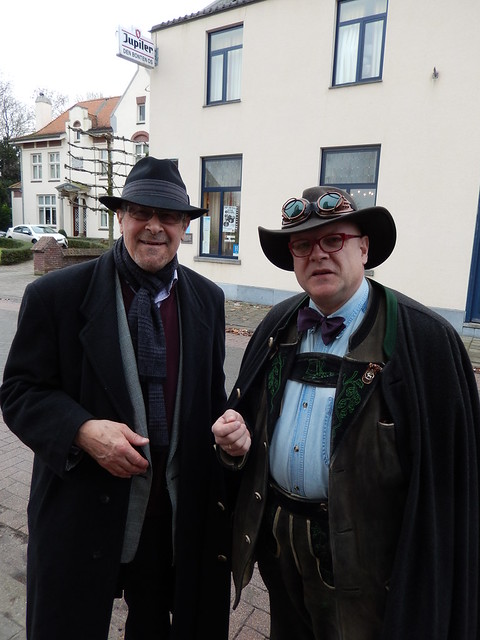
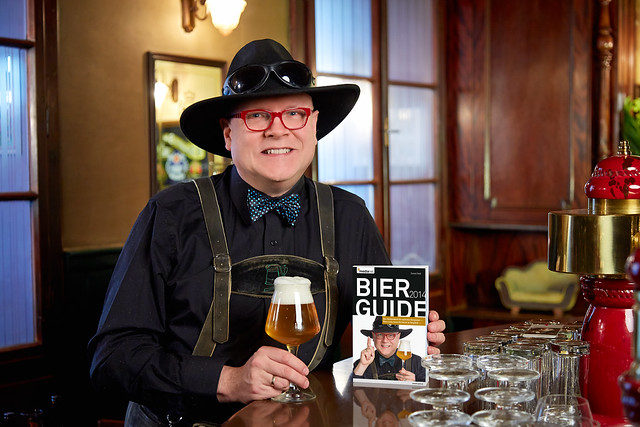

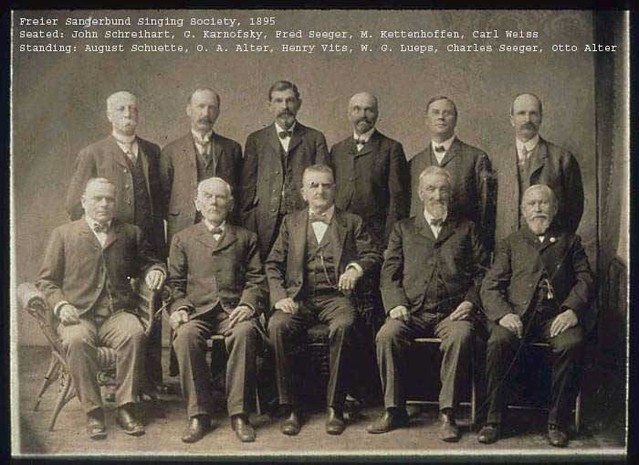 Schreihart apparently liked to sing. That’s him in the front row, seated on the left.
Schreihart apparently liked to sing. That’s him in the front row, seated on the left.
